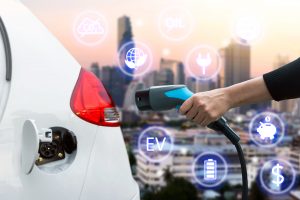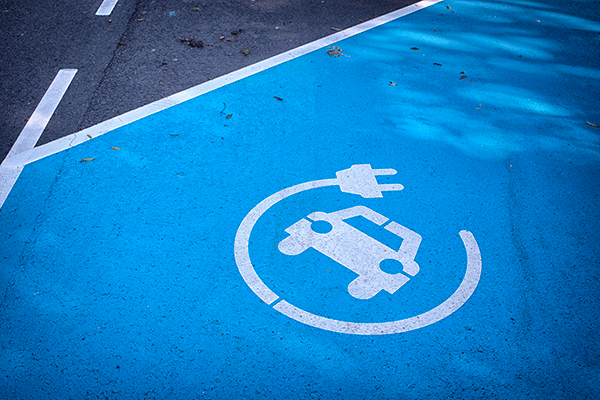 Around the world, the transportation sector is evolving. Globally, electric vehicle (EV) sales have more than doubled, showing a 72 percent increase in 2015, followed by 41 percent global increase in EV sales in 2016. Now, France is committing to a greener transportation sector by vowing to end the sale of gasoline and diesel vehicles by 2040, further pledging to become a carbon neutral country by 2050.
Around the world, the transportation sector is evolving. Globally, electric vehicle (EV) sales have more than doubled, showing a 72 percent increase in 2015, followed by 41 percent global increase in EV sales in 2016. Now, France is committing to a greener transportation sector by vowing to end the sale of gasoline and diesel vehicles by 2040, further pledging to become a carbon neutral country by 2050.
Currently, 95.2 percent of new car fleets in France are represented by gasoline and diesel vehicles. According to France’s Ecology Minister Nicolas Hulot, initiatives by automakers such as Volvo to go all electric in the coming years will help France start to phase out gasoline and diesel vehicles.
In order to become carbon neutral by 2050, France will also need to devote energy to ending the use of fossil fuels across the board, which includes ending hydrocarbon licenses in the country and stopping coal production by 2022.
While France’s goals are admirable, organizations such as Greenpeace believe that the measure falls short in terms of concrete measures.
“We are left wanting, on how these objectives will be achieved,” Greenpeace campaigner Cyrille Cormier said in a statement. “The goal to end the sale of gasoline and diesel vehicles by 2040 sends out a strong signal, but we would really like to know what are the first steps achieve this, and how to make this ambition something other than a disappointment.”
 The ECS Detroit Section invites you to register for “ARPA-E EVs4ALL – Introduction of a current Initiative of the U.S. Department of Energy” on June 16 at Nissan Technical Center North America.
The ECS Detroit Section invites you to register for “ARPA-E EVs4ALL – Introduction of a current Initiative of the U.S. Department of Energy” on June 16 at Nissan Technical Center North America.







 When will cars powered by gas-guzzling internal combustion engines become obsolete? Not as soon as it seems, even with the latest automotive news out of Europe.
When will cars powered by gas-guzzling internal combustion engines become obsolete? Not as soon as it seems, even with the latest automotive news out of Europe. Around the world, the transportation sector is evolving. Globally, electric vehicle (EV) sales have
Around the world, the transportation sector is evolving. Globally, electric vehicle (EV) sales have